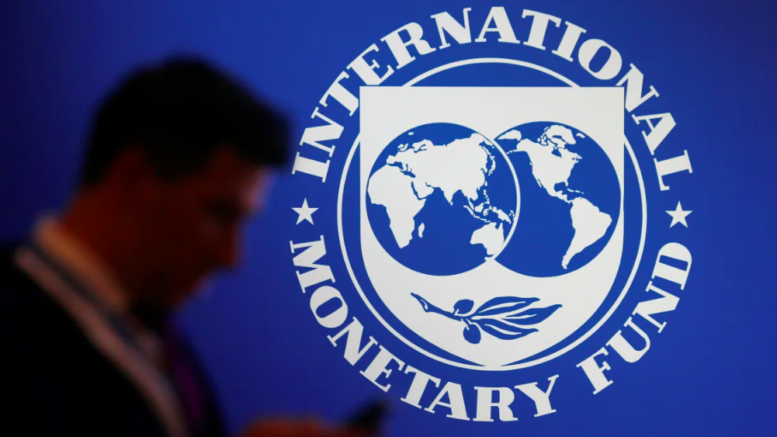The International Monetary Fund (IMF) has issued a warning that the rise of artificial intelligence (AI) could potentially impact almost 40% of jobs globally, a trend that might deepen existing inequalities. In a blog post ahead of the World Economic Forum (WEF) in Davos, IMF Chief Kristalina Georgieva urged governments to take proactive measures, emphasizing the need for social safety nets and retraining programs to counter the potential adverse effects of AI on the job market. Georgieva stressed that in most scenarios, AI is likely to worsen overall inequality, making it imperative for policymakers to address this troubling trend and prevent technology from escalating social tensions.
As AI continues to be adopted by more workers and businesses, its effects are expected to be felt more profoundly in advanced economies than in emerging markets. Georgieva highlighted that in advanced economies, up to 60% of jobs could be impacted by AI, with around half of those potentially benefiting from increased productivity. However, the other half might face challenges as AI applications take over tasks currently performed by humans, potentially leading to decreased labor demand, lower wages, and reduced hiring. In extreme cases, some jobs may even disappear, raising concerns about the broader implications of AI integration into the workforce.
While advanced economies face a higher impact, emerging markets and low-income nations are not immune to the challenges posed by AI. The IMF’s analysis suggests that 40% of jobs in emerging markets and 26% in low-income countries could be affected by AI. Georgieva emphasized the importance of recognizing the limitations in infrastructure and skilled workforces in many of these countries, highlighting the risk that AI could worsen inequality on a global scale over time. The IMF chief also pointed out that without comprehensive measures, the use of AI may increase the likelihood of social unrest, especially if younger, tech-savvy workers benefit disproportionately while more senior workers struggle to adapt.
Despite the potential challenges, Georgieva acknowledged that AI also presents opportunities to boost global output and incomes. The transformative impact of AI on the global economy is inevitable, and Georgieva called for measures to ensure that the benefits of AI are harnessed for the betterment of humanity. As the WEF discussions in Davos are expected to delve into the implications of AI, the IMF’s warning serves as a call to action for policymakers worldwide to navigate the integration of AI into the workforce responsibly.

